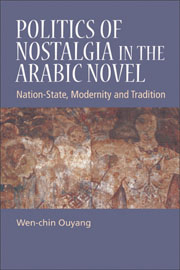Foreword In the Realm of Memory
Published online by Cambridge University Press: 05 August 2013
Summary
What we call memory today is therefore not memory but already history. The so-called rekindling of memory is actually its final flicker as it is consumed by history's themes. The need for memory is a need for history.
Pierre Nora, Realms of Memory, p. 8The modern imagining of nation on a geographical site is necessarily twi(n)ned with an impulse to rewrite history in a way that gives the modern nation roots in the immemorial past. History is, as Pierre Nora shows us in his stupendous project on the reconstruction of the French past, Realms of Memory, a matter of tinkering with collective memory that inevitably crystallises on a place, a locus, or, in modern times, the site of nation. ‘The association of the words lieu and mémoire in French proved to have profound connotations – historical, intellectual emotional, and largely unconscious (the effect was something like that of the English word “roots”)’, Nora explains, ‘These connotations arise in part from the specific role that memory played in the construction of the French idea of the nation and in part from recent changes in the attitude of the French toward their national past’. What Nora says of the French reconstruction of the past that would be consumed as national history and the ensuing ambivalence towards both the past and the nation in France is true of the Arab mobilisation of the past in the construction of Arab national history.
- Type
- Chapter
- Information
- Politics of Nostalgia in the Arabic NovelNation-State, Modernity and Tradition, pp. v - ixPublisher: Edinburgh University PressPrint publication year: 2013



